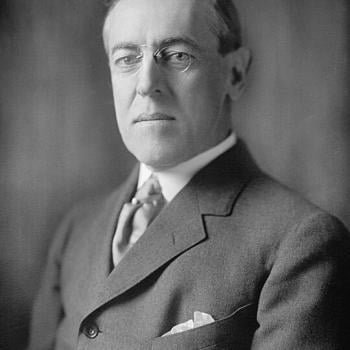Finding themselves within Christendom and its LDS equivalent, Mormondom, or sometimes just seeing one of those from afar, many today believe that the only possible alternative is Kierkegaard's individualistic one. They must leave Christendom or Mormondom and strike out on their own spiritually. They see no place for them in Christendom.
It is difficult to read Kierkegaard's Attack on Christendom without recognizing the problem he describes. It is not only a problem of 19th-century Denmark, it is also a problem of 21st-century Provo and its imitators. But the fact of Christendom does not imply the impossibility of genuine Christian community. The imitation of something does not tell us that there is no genuine article, not even if the imitation is loud and powerful. And scripture insists on the necessity of community to Christianity. To be a Christian is not to be alone before God. The Lord's Prayer begins, not "My Father," but "Our Father" (Mt. 6:9; 3 Nephi 13:9, italics added).
Kierkegaard's famous burgher, who is a knight of faith though everyone takes him for no more than "a pen-pusher who has lost his soul to Italian bookkeeping" (Fear and Trembling 40), could equally well be a member of the body of Christ, though unrecognized as such perhaps even by those who claim most publicly to be such members. And he could not be part of that body if he cut himself off from Christendom. Even if there seems to be no place for a person in Christendom and its subculture, Mormondom, there is a place in the body of Christ.
Membership in the Christian and Mormon community attests to the multiplicity of the self that Christian teaching demands: the Father and the Son are united as one; as Christians and Mormons we too must be united as one—though sometimes that unity may be as invisible and misunderstood as the burgher's knighthood.





